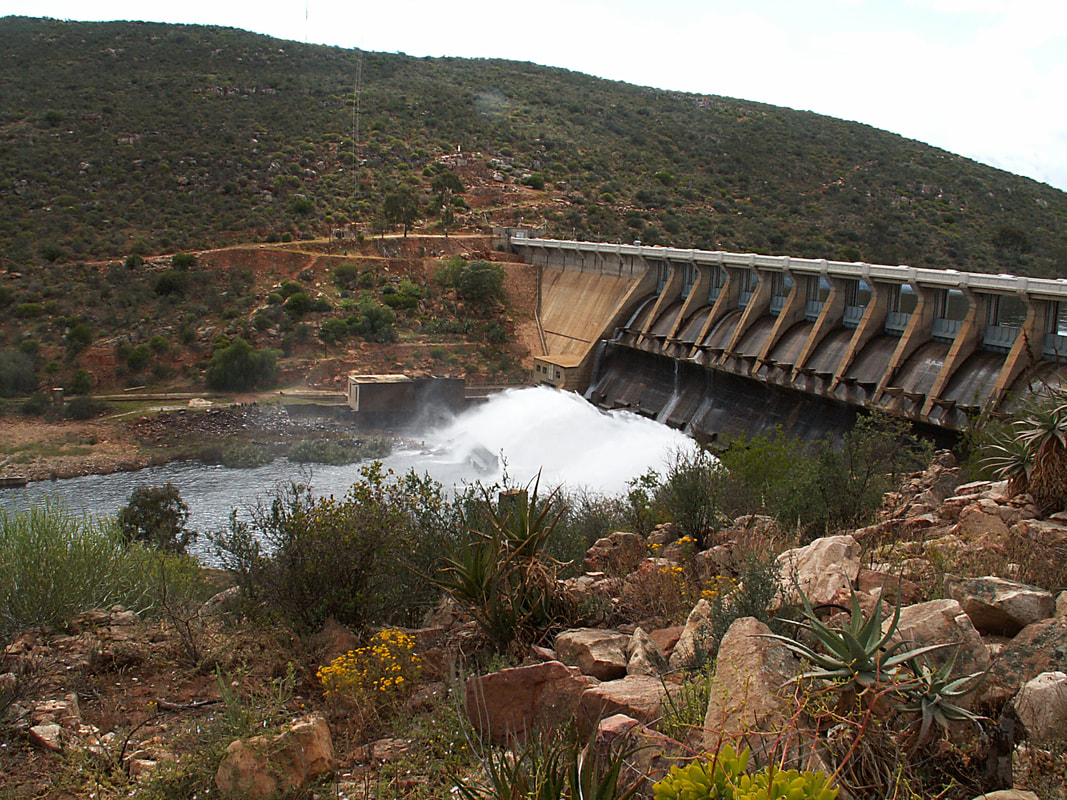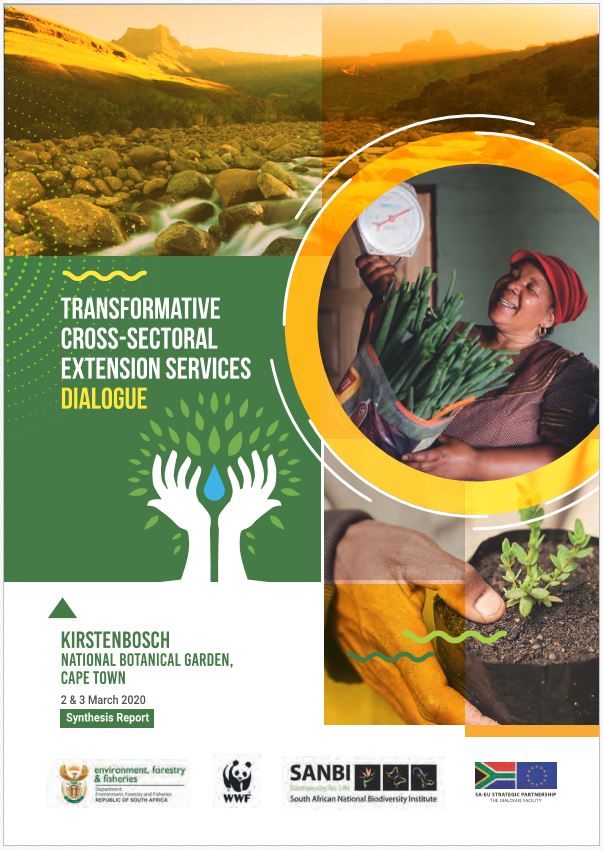|
The Covid third wave breaks in Matzikama Phuhlisani NPC has been putting the work in on the ground trying to get as much done before the impending disruption which will be created by the third wave of Covid 19. The health authorities have requested that the local municipality cancel all face-to-face meetings and gatherings, as they have very limited local hospital capacity to deal with the impact of increased infection levels. It is unclear how severe the third wave will turn out to be, and how soon the roll out of vaccines will have an impact in damping infection rates. Hearing all the voices All health protocols have been observed to enable a number of individual face-to-face meetings and interviews. These have been conducted with local municipal officials, civil society organisations, commercial farmers, smallholder producers and a range of agricultural processing companies. The latter has included Lutzville vineyards, Klawer wines, Syngenta, South African Dried Fruit, Redsun Raisins, the Table Grape Association and the Optimax finance and admin company which provides support services to smallholder farmers. Despite the Covid challenges in the past two weeks we have had communication/ online meetings with:
Work has been undertaken to plan an agenda and secure participation for a municipal social platform meeting which was due to be held on the 27th May. However due to the advance of the Covid third wave, this meeting has since been postponed. We are currently pursuing alternative engagement strategies which do not involve face-to-face meetings. Selected highlights from the past two weeks work Assessing private sector support for land reform We are starting to obtain a much clearer understanding of the different private sector land reform initiatives in the area - some of which are very interesting, with much that can be learned from them. There is a definite positive interest in getting involved with a local municipality scale planning process, especially from the different private sector actors. However, there are very different paradigms and ways of seeing at work here. Processes of harmonising different paradigms and widely differing foundational assumptions will prove challenging, if we are to be able to develop a consensus plan. Growing recognition of need to plan at different scales and recognise different needsThere is an openness and agreement from most parties that we need to think about a continuum of land use scenarios, that recognise and cater for different production scales and land access needs including:
Who will access new irrigation land and how? Currently the only access to land for black people is on the limited portions of municipal commonage and the two TRANCRAA areas of Ebenhaeser and Rietpoort. Assuming that a significant amount of new irrigation land becomes available in Matzikama and is earmarked for black farmers and in particular smallholder agriculture, the question becomes who has the technical, financial and management capacity to best make use of this land and how might they best be supported? Farm workers on commercial farms have many years of practical farming experience, but limited access to land. This suggests that senior agrisector workers who make up the middle management layer on commercial farms, are those most likely to have the skills set needed to farm comparatively larger farms under irrigation. However, they have very little financial capital and may lack social capital and higher-level enterprise management skills to position themselves to be able to access and farm such land. So, the immediate challenge is how to be able to identify and engage with this cohort to explore the possibilities of land reform and their interest in acquiring independent access to land and to develop a realistic assessment of constraints which will need to be overcome. There are some interesting private sector initiatives in the area, many of which have had no state investment. The question of how to grow these initiatives is going to be complex, but crucial to address - given the lack of funds allocated to land reform by the state. We will be analysing these more closely during the next three weeks to draw out the lessons and identify possible options. In our interactions with commercial farmers, several state that they to like to see their workers advance and gain access to their own land. They also indicate that they would be prepared to mentor new farmers. However, in an environment where skilled agrisector workers are highly valued and in short supply, their current employers will be reluctant to lose their most capable employees. This suggests that an approach that provides shared benefits may be the way to go. The Clanwilliam dam – game changer or dream? In a context of accelerating climate change and drought risk, securing access to water rights is a critical determinant of future sustainability and farming profitability. On paper, plans to increase the height of the Clanwilliam dam wall and expanding the irrigation distribution network create enormous opportunities. However, significant uncertainties remain. We are seeking clarity on the constraints preventing approval of this initiative, possible solutions to the constraints and a realistic timeline for implementation. There are suggestions that a public private partnership could address possible financial constraints. These suggestions will need to be closely investigated in terms of their viability, but the estimations for the Matzikama municipal area, are that the completion of the wall to enable an expanded distribution network, will bring significantly more irrigated land into production. There is broad agreement that this will be the key driver required to expand employment, enable smallholder access to land and water and open up the local agricultural economy. We are examining how additional water availability from the Clanwilliam Dam will impact on the price of land. In the same way, as the price of land in the lower Oliphants River increased when the poor white affirmative action programme on former Ebenhaeser land was being planned in the early 1920s, it is likely that the land earmarked for acquisition for expansion under the new water will similarly increase in price. From a land reform perspective, the key question will be how to acquire, or secure access to this land before the prices increase. This is particularly relevant given the shrinkage in the land reform budget, and the history of minimal land acquisition for redistribution in the municipality. There is evidence that some processing companies are already acquiring land in the areas which would become irrigable in the future, in order to be able to establish black farmers on the land, and in the process ensure access to water and guarantee their throughput. Opportunities to promote cross sectoral extension initiatives In 2020 the Department of Environment, Forestry and Fisheries, WWF and SANBI hosted a national dialogue on the potential of transformative cross sectoral extension, producing a valuable report. One of the recommendations from the workshop was the need to practically identify possible innovation spaces where different actors could align their approaches and resources. Phuhlisani NPC was active in the preparation for this workshop and was commissioned to produce a background paper (See annex 1 of the report). WWF, SANBI and DEDP have since approached Phuhlisani to present a case study session on the Matzikama collaborative planning approach. This will happen in June/July and has potential to open up new opportunities to practically align different extension and natural resource management initiatives in the municipality. Currently there are quite a number of different organisations with relevant projects in Matzikama. Our approach will be to identify possible synergies between them, while also accessing different sources of data for planning. Extending our communication reach CBPEP has agreed to host our blog on their website. We are looking forward to seeing our communication footprint expand. Scoping relevant sources of data to map the local information ecosystem Work is in progress to design and distribute a Google form to identify data held by different actors which have relevance for land reform planning. This will provide the foundation to examine the feasibility of improving systems and processes for curating relevant information – possibly through a municipal scale data hub. However, there are many challenges to confront here. Much of the information is confidential or proprietary, suggesting a lack of open data. Even though new sources of information and data can be made available, on their own they will be of little value, unless those involved in planning, programme design and implementation have the capabilities to access, interpret and actively make use of this. This suggests a focus on data and information literacies as a key competency for state officials. Emerging challenges
Several challenges are emerging:
3 Comments
Ben Cousins
31/5/2021 09:24:33 am
Given that major disruptions in one form or another (such as Covid-19, elections, climate change, the the likelihood of new land reform policies and legislation) could well prove to be the 'new normal', perhaps this project should be seen as piloting an approach which builds in responses to disruptions as part of its basic basket of tools. It may be worth exploring approaches such as 'adaptive planning' and the like, and conceptual frameworks that place uncertainty at their centre.
Reply
31/5/2021 11:05:17 am
A valuable observation - uncertainty and disruption are at the core the 'new normal'. How to conceptualise adaptive planning with regard to land reform will be challenging as the process of acquiring land, securing access to it and ensuring reasonable levels of support are all things which require long range planning and budgeting. We will need to focus on existing adaptive strategies of small scale land users and explore options which have the agility to better navigate uncertainty.
Reply
24/1/2023 08:17:08 pm
Thanks for sharing this useful information with us! AG chemical solutions inc a leading global chemical company. We provide a wide range of products, quality chemicals, and solutions to our customers for their industrial strength.
Reply
Leave a Reply. |
Phuhlisani NPCPlanning Pilot facilitator Archives
June 2022
Categories |




 RSS Feed
RSS Feed
